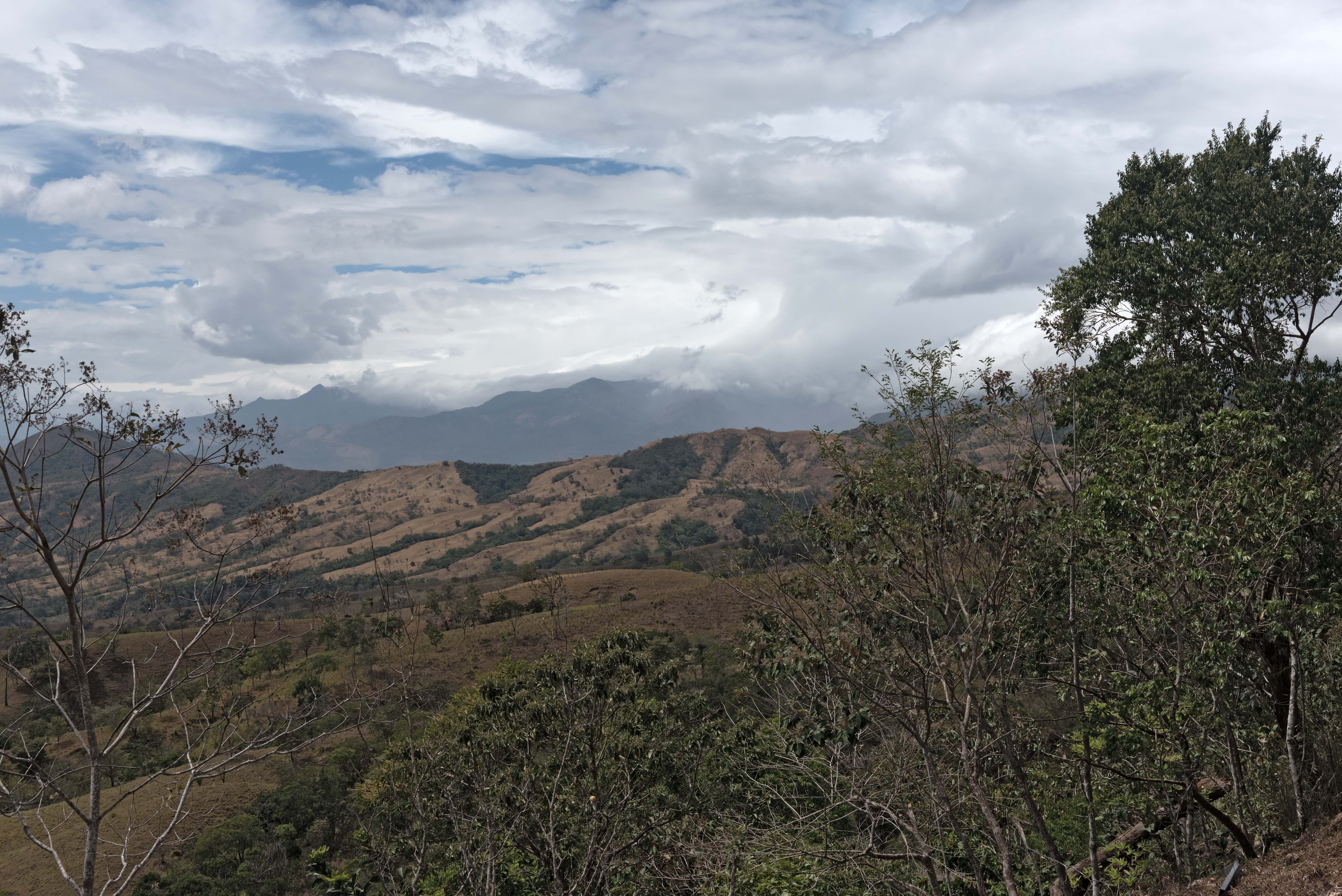During the United Nations’ international Framework Convention on Climate Change in Madrid last week, Central American countries revealed a joint plan to tackle climate change.
Reuters reports that a coalition of governments, Indigenous people, environmental justice groups and others from the region have put together a climate action plan aiming to protect 10 million hectares of forests by 2030.
The group worked together to establish measures they’ll carry through to protect the forests, including fortifying agencies that already work in safeguarding the areas, verifying that beef has not been produced illegally, thwarting cross-border cattle trafficking, helping ranchers find other means of employment and reforesting land where trees have been removed.
The woodlands include the Maya Forest in Guatemala, Belize and Mexico; the Moskitia in Nicaragua and Honduras; the Indio Maíz-Tortuguero in Nicaragua and Costa Rica; the Talamanca region in Costa Rica and Panama; and the Darien in Panama and Colombia. Together, the forests are about the size of Guatemala.
According to Costa Rica’s Environment Minister Carlos Manuel Rodriguez, the five forests are pivotal to curbing climate change because they sequester carbon dioxide emissions from burning fossil fuels that would make the planet hotter.
“Nearly 50% of the carbon in Mesoamerica is stored in the five great forests,” Rodriguez said.
Additionally, the forests provide water, clean air, food security and other natural resources to 5 million people and are home to wildlife like the jaguar and scarlet macaw. The alliance said that they hope their efforts in the forests, which are currently managed by Indigenous and local communities, don’t lose these species, or others, through extinction.
Cándido Mezúa, of the Mesoamerican Alliance of Peoples and Forests, said it was troubled by deforestation in the Amazon, a topic of major discussion at the UN convening.
“In Mesoamerica, we have our five forests. They still exist. We can still protect them, and even expand them,” Mezúa said.
Financing for the efforts will come through Central American countries, donor governments and a new fund for Indigenous and community forests.
